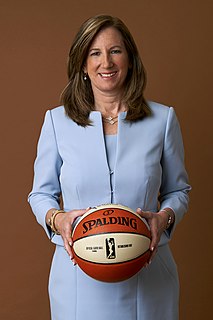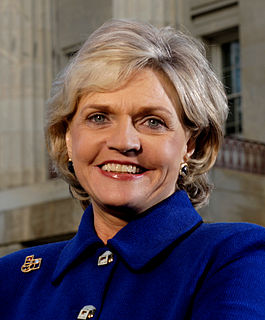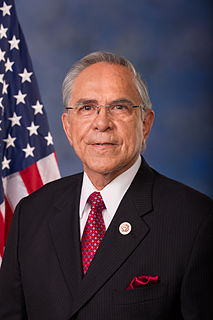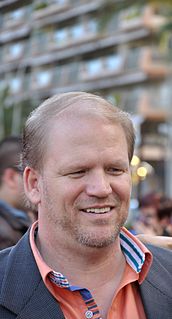A Quote by Cathy Engelbert
As you think about the workforce of the future, women and minorities are such an important part of that future.
Quote Topics
Related Quotes
There are two kinds of people: one who goes on thinking about the future, not bothering about the present at all. That future is not going to come, that future is just a fool's imagination. I don't think about the future. I am a totally different kind of person. I don't think about the future at all, it is irrelevant.
In the future, women will have breasts all over. In the future, it will be a relief to find a place without culture. In the future, plates of food will have names and titles. In the future, we will all drive standing up. In the future, love will be taught on television and by listening to pop songs.
We spend our whole lives worrying about the future, planning for the future, trying to predict the future, as if figuring it out will cushion the blow. But the future is always changing. The future is the home of our deepest fears and wildest hopes. But one thing is certain when it finally reveals itself. The future is never the way we imagined it.
I think the future is like anything else that's important. It has to be earned. If we don't earn it, we don't have a future at all. And if we don't earn it, we don't deserve it, we have to live in the present, more or less forever. Or worse, we have to live in the past. I think that's probably what love is - a way of earning the future.
'The Handmaid's Tale' takes place in the near future, a dystopian future, and is based on the book by Margaret Atwood. It takes place in what was formerly part of the United States at a period of time when society has been taken over by a totalitarian theocracy. It's about the women who live in subjugation.
It was always about the future of writers, and about the way writers are treated in the future, and I think that was really hurtful to a lot of people in my position who had 160 people who depended on them to get this over with. So there was a lot of pain in it, and in that sense it will never be worth it, but I do think it was important.
We cannot create blueprint for future society, but it is good to think about that. It is good to have in mind a goal. It is constructive, it is helpful, it is healthy, to think about what future society might be like, because then it guides you somewhat what you are doing today, but only so long as this discussions about future society don't become obstacles to working towards this future society. Otherwise you can spend discussing this utopian possibility versus that utopian possibility, and in the mean time you are not acting in a way that would bring you closer to that.



































